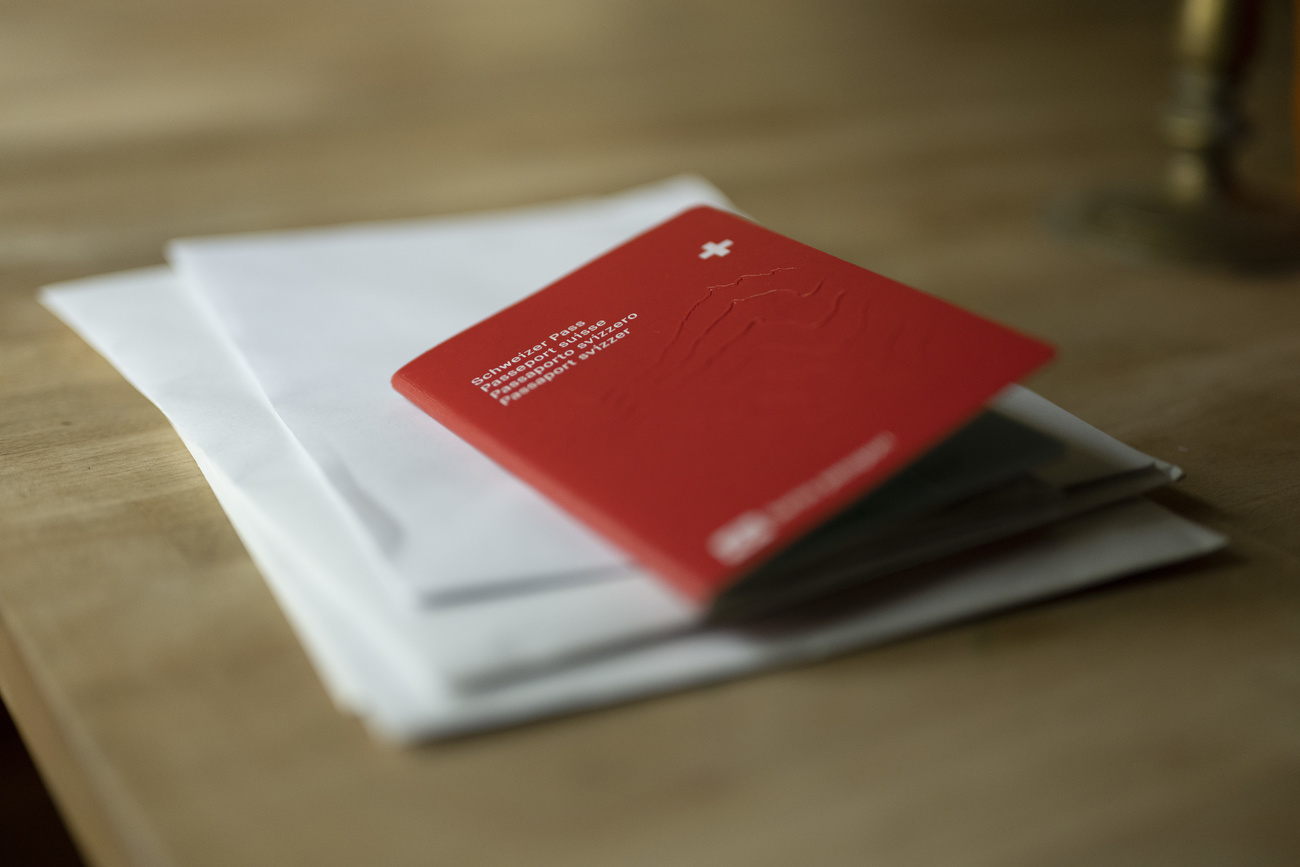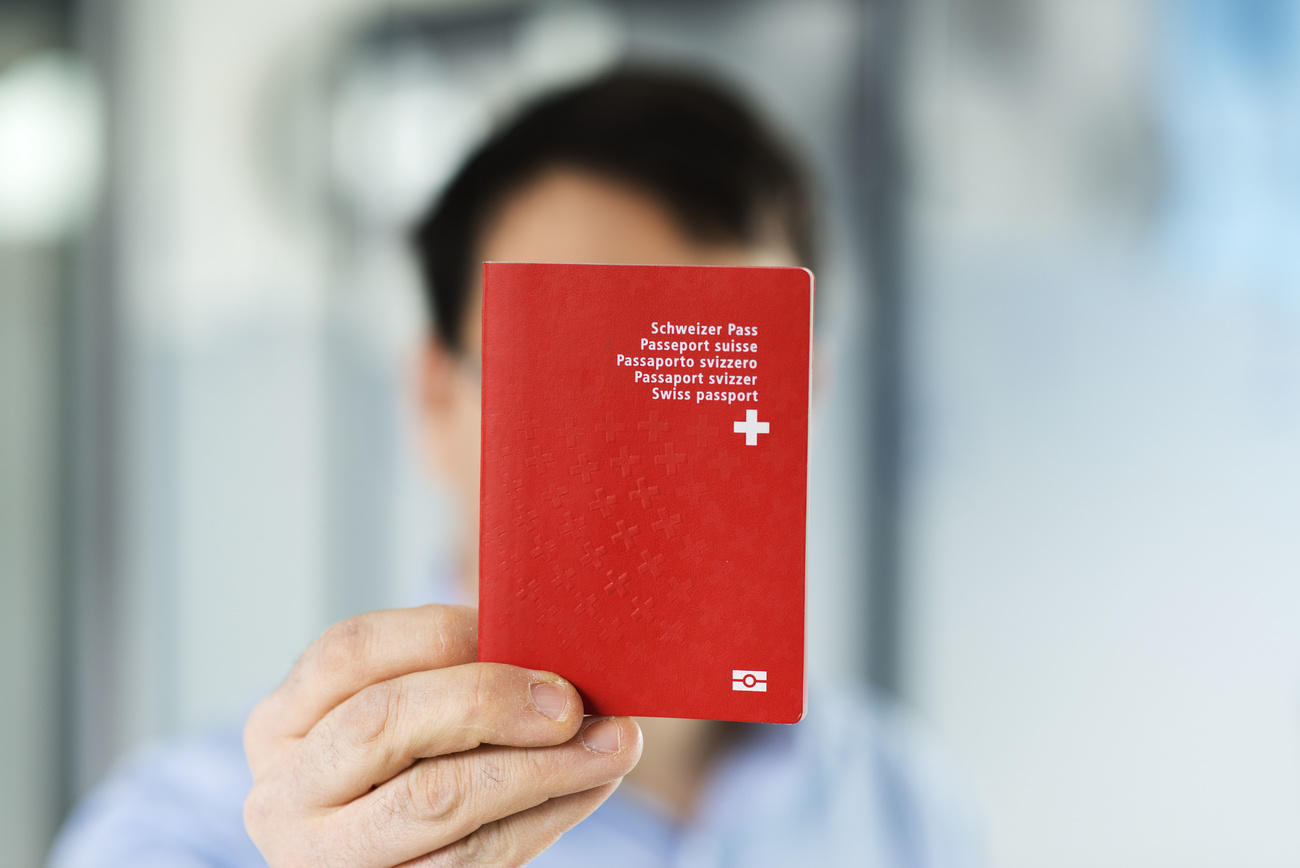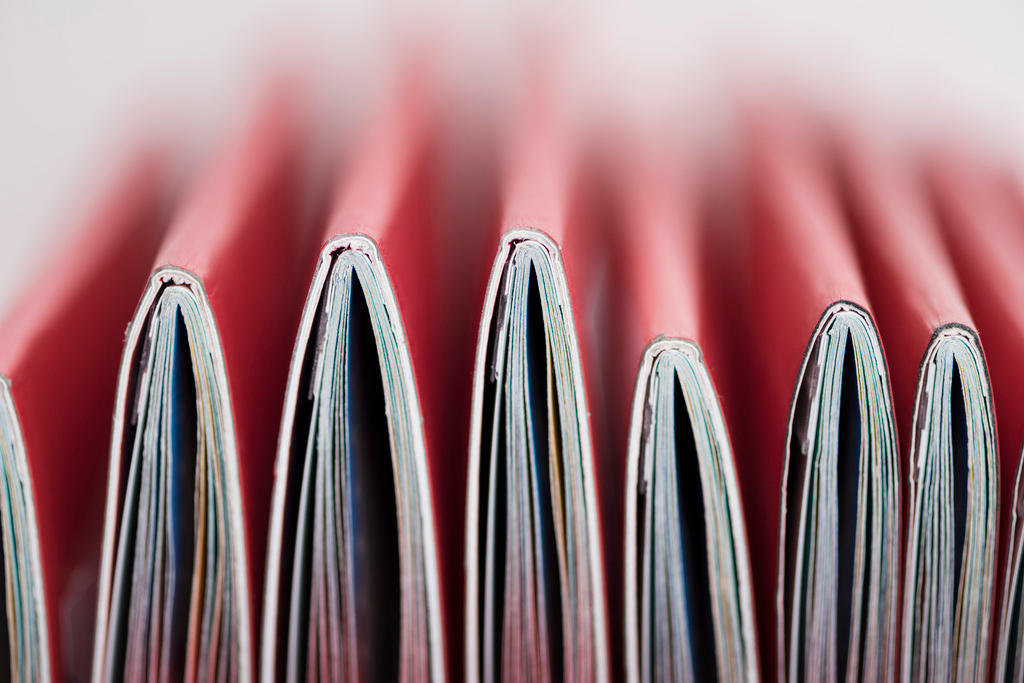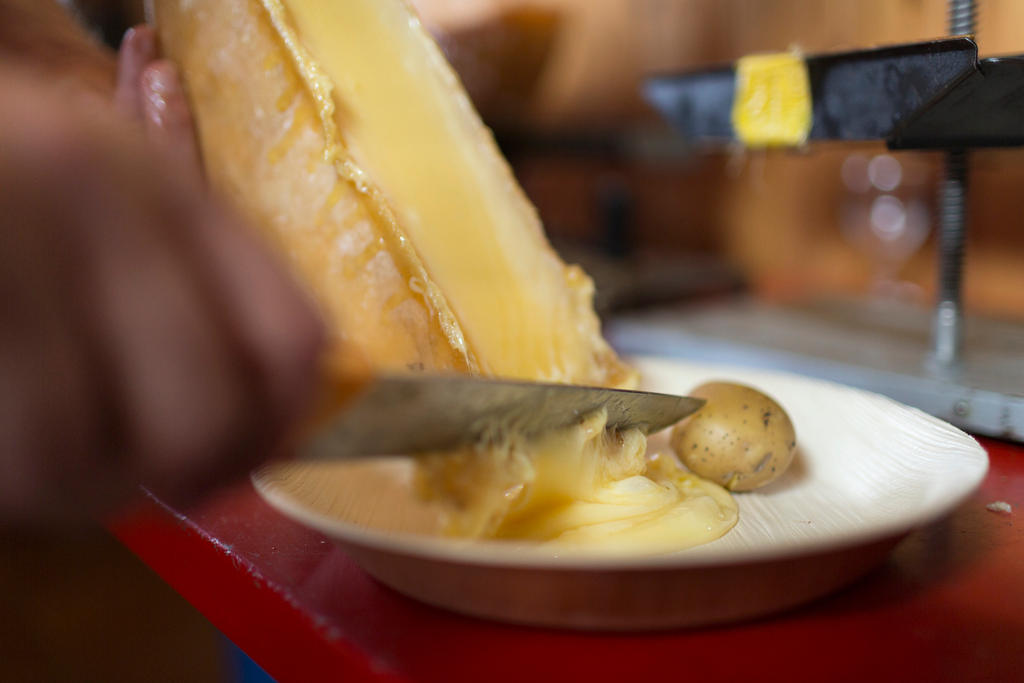
The obscure process of applying for a Swiss passport

Research by a local newspaper has revealed questionable practices by canton Schwyz when foreigners apply for naturalisation.
Do you know the colour of most cows in the village of Muotathal? Can you name two animal species that live in Goldau Zoo? If you want to apply for a Swiss passport in Muotathal or Arth, this would be an advantage. You may encounter these questions during the naturalisation process.
+ Becoming Swiss: where do I sign?
Research by the Freier Schweizer newspaper reveals numerous animal questions and other curiosities for people applying for a Swiss citizenship in the central canton of Schwyz. Citing the freedom of information principle, the local newspaper asked all 30 Schwyz municipalities for their lists of questions that are put to aspiring new citizens.
The results have attracted the interest experts. “There are some questions that are not allowed,” says Barbara von Rütte, a lawyer and civil rights researcher at the Europa Institute of the University of Basel. “For instance, questions about the colour of the cows’ hair, for which there is no clearly correct answer, are problematic.”
The example from Arth is also revealing for von Rütte. “The research shows that this community is still asking very obscure questions.” This continues despite a Federal Supreme Court reprimand for the Schwyz municipality in 2019 for its naturalisation practice.

More
Italian unfairly denied Swiss citizenship after 30-year residence
Back then, an Italian who had been living in Switzerland for 30 years was refused a passport because, among other things, he did not know that bears and wolves lived in the same zoo enclosure.
Such subtleties have “no place in the naturalisation process”, the court ruled. Naturalisation is “not a specialist exam” and it shouldn’t ask for “more than could reasonably be expected from an average Swiss resident in the community”.
Barbara von Rütte agrees. Anyone who meets the set requirements should be accepted as a citizen. “Naturalisation is neither a political decision nor a privilege, but an administrative act.” Lists of questions per se are not forbidden. “But they must not amount to a disguised, second knowledge test.” Federal law stipulates that candidates must complete only one test in civic knowledge.

More
Was your grandma Swiss? You have six months left to claim Swiss citizenship
Several municipalities are currently revising their lists of questions. “But this has nothing to do with either the Supreme Court judgment or the newspaper report,” said Daniela Schuler, municipal clerk of the Schwyz town of Rothenthurm, which has around 2,500 residents.
There are other curious questions, which includes candidates in one community being asked if “there should be more immigration to Switzerland”. Muslims can be asked how they feel about “the fact that girls have to attend swimming lessons”.

More
Trilingual Brit denied Swiss citizenship for not knowing origins of raclette
Because some questions are “outdated”, Unteriberg will also consider revisions. Although dual citizenship is allowed in Switzerland, candidates are asked: “If you had to choose between one of the two passports, which one would it be?” Oliver Bowald, municipal clerk from Unteriberg, said: “This question is never asked because it is none of our business.”
Nevertheless, doing without the list of questions entirely is not an option for the municipality with almost 2,500 inhabitants. “If we get stuck during a naturalisation conversation, we could fall back on the list.”
This news story has been written and carefully fact-checked by an external editorial team. At SWI swissinfo.ch we select the most relevant news for an international audience and use automatic translation tools such as DeepL to translate them into English. Providing you with automatically translated news gives us the time to write more in-depth articles. You can find them here.
If you want to know more about how we work, have a look here, and if you have feedback on this news story please write to english@swissinfo.ch.

In compliance with the JTI standards
More: SWI swissinfo.ch certified by the Journalism Trust Initiative






























You can find an overview of ongoing debates with our journalists here . Please join us!
If you want to start a conversation about a topic raised in this article or want to report factual errors, email us at english@swissinfo.ch.